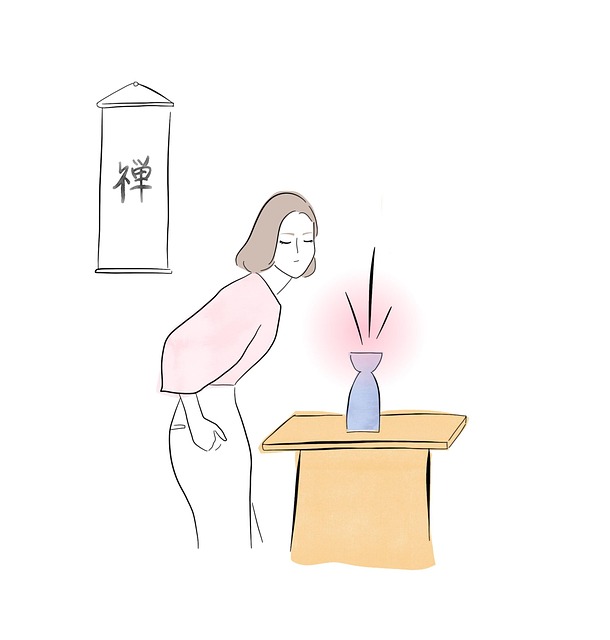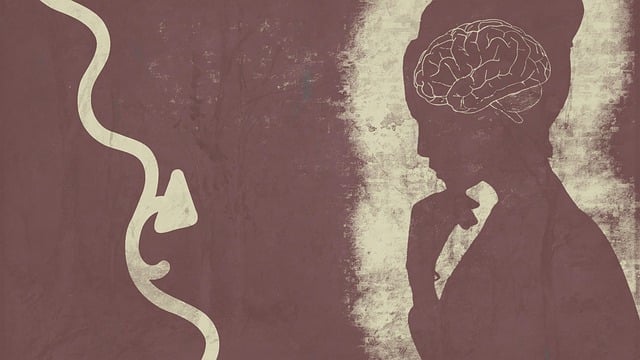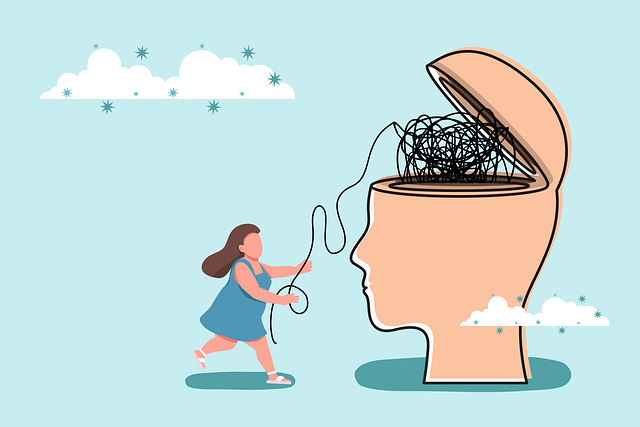Understanding the unique mental health challenges faced by the elderly, therapy for geriatrics incorporates positive thinking exercises to improve emotional well-being and quality of life. This includes simple activities like mindfulness and affirmations, tailored goals, social interaction, and structured programs such as Mental Wellness Coaching. Overcoming age-related obstacles, like cognitive decline and isolation, through resilience-building exercises like Social Skills Training significantly enhances the mental wellness of seniors. Measuring success involves various methods, including self-reporting and observational techniques. Integrating positive thinking into daily routines offers long-term benefits, including better coping, social connections, and overall improved health for older adults.
Positive thinking exercises have emerged as a powerful tool in geriatric mental health, offering a proactive approach to enhancing well-being. This article explores the rationale behind these practices, providing insights into designing tailored therapy for elderly individuals. We delve into practical implementation strategies within geriatric settings, addressing challenges and measuring success. By examining long-term benefits, we uncover how positive thinking can integrate seamlessly into daily lives, fostering sustained change in this vulnerable population. Discover effective ways to support geriatrics through the power of positivity.
- Understanding Geriatric Mental Health: The Rationale for Positive Thinking Exercises
- Designing Effective Positive Thinking Therapy for Elderly Individuals
- Practical Implementation Strategies in a Geriatric Setting
- Overcoming Challenges and Measuring Success in Positive Psychology Interventions
- Integrating Positive Thinking into Daily Life: Long-Term Benefits and Sustaining Change
Understanding Geriatric Mental Health: The Rationale for Positive Thinking Exercises

Understanding Geriatric Mental Health highlights the unique challenges older adults face regarding their emotional and psychological well-being. As people age, they may experience increased isolation, physical health issues, and cognitive changes, all of which can impact mental resilience and overall mood. This is where therapy for geriatrics steps in as a crucial tool to enhance quality of life. Implementing positive thinking exercises within therapeutic settings offers a promising approach to addressing these concerns.
The rationale behind this strategy lies in its potential to improve emotional regulation and mood management in older adults. Positive thinking encourages individuals to focus on optimistic thoughts, fostering a mindset that can mitigate the effects of stress, anxiety, and depression. By integrating these exercises into therapy for geriatrics, healthcare professionals can empower their patients to navigate life’s challenges with greater resilience, thus enhancing overall mental health and well-being.
Designing Effective Positive Thinking Therapy for Elderly Individuals

Designing effective positive thinking therapy for elderly individuals requires tailoring interventions to their unique needs and challenges. Given the potential for age-related cognitive shifts, traditional coping strategies may need adaptation. Therapists should focus on simple, engaging activities that promote self-esteem improvement and enhance emotional well-being. Techniques such as mindfulness exercises, guided imagery, and positive affirmations can be particularly beneficial in improving coping skills development while boosting confidence.
The therapy for geriatrics should emphasize practical, realistic goals aligned with each individual’s life stage and interests. Incorporating social interaction and group activities can help combat loneliness and isolation, common issues among the elderly. By fostering a sense of community and purpose, these strategies not only support self-esteem improvement but also contribute to overall mental health and quality of life for older adults.
Practical Implementation Strategies in a Geriatric Setting

Implementing positive thinking exercises in a geriatric setting can significantly enhance the quality of life for older adults. Caregivers and healthcare professionals should consider tailoring these practices to cater to the unique needs and abilities of their geriatric population. For instance, simple mindfulness meditation sessions can be integrated into daily routines, offering a quiet moment for reflection and stress reduction. Such exercises don’t require extensive training and can be easily adopted by staff and residents alike, fostering an environment that prioritises mental wellness.
The development of structured programs, such as Mental Wellness Coaching, can further support geriatrics in managing chronic conditions and anxiety relief. These programs focus on empowering individuals to cultivate positive thought patterns, which have been shown to improve overall well-being. Incorporating these strategies into therapeutic regimes allows for a holistic approach, addressing both physical and mental health concerns prevalent in the elderly. By integrating positive thinking exercises, therapy for geriatrics becomes more engaging, effective, and accessible.
Overcoming Challenges and Measuring Success in Positive Psychology Interventions

Overcoming Challenges is a significant aspect of Positive Psychology Interventions, especially when tailored for Geriatrics. Many older adults face unique hurdles, such as cognitive decline, physical limitations, and social isolation. Incorporating exercises that foster resilience and optimism can be transformative. For instance, Social Skills Training helps combat loneliness and improves quality of life by encouraging social interaction and building a support network, which is crucial for mental wellness among the elderly.
Measuring Success in these interventions requires a multifaceted approach. Traditional methods like self-reporting through questionnaires can be useful, but they must be adapted to account for potential cognitive impairments. Observational measures and feedback from caregivers or family members play a vital role in assessing progress. Additionally, integrating Mental Wellness Coaching Programs Development can offer personalized guidance, ensuring that each individual’s unique needs are met. Mindfulness Meditation is another powerful tool, promoting present-moment awareness and helping to reframe negative thoughts, ultimately enhancing overall mental wellness.
Integrating Positive Thinking into Daily Life: Long-Term Benefits and Sustaining Change

Integrating positive thinking into daily routines offers a powerful therapy for geriatrics, promoting mental well-being and quality of life as people age. This practice extends beyond temporary mood boosts, providing long-term benefits such as enhanced cognitive function, improved immune system strength, and increased resilience against chronic conditions. By cultivating a positive mindset, seniors can develop better coping mechanisms, which are essential for managing the challenges that often come with advancing years. For instance, positive thinking can help navigate loss, maintain social connections, and foster empathy building strategies among peers, thereby reducing feelings of isolation and fostering meaningful relationships.
Moreover, sustained positive thinking acts as a robust burnout prevention method for geriatrics, considering the increased risk of chronic stress-related issues in this demographic. It encourages engagement in self-care practices that promote stress reduction methods, allowing individuals to approach their daily lives with renewed energy and perspective. This holistic approach not only enhances overall health but also contributes to a sense of purpose and satisfaction, making it an invaluable tool for maintaining mental fortitude as one ages.
Implementing positive thinking exercises as part of a comprehensive therapy program for geriatrics holds immense potential in enhancing mental well-being. By understanding the unique needs and challenges of elderly individuals, healthcare professionals can design tailored interventions that promote resilience and improve quality of life. Through practical strategies and overcoming common obstacles, these positive psychology interventions can be successfully integrated into daily care, leading to long-term benefits and fostering a more fulfilling life for seniors. This approach, when combined with sustained efforts, offers a promising path towards improving mental health in the geriatric population, focusing on the power of positive thinking as a transformative tool.








